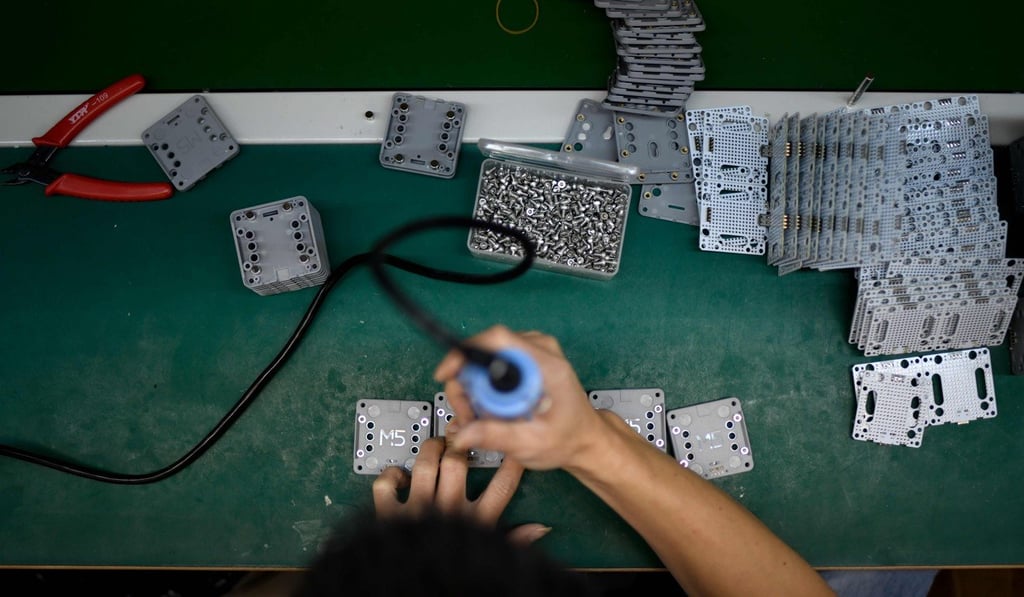China drafts law protecting foreign intellectual property and prohibiting forced technology transfer
- Standing Committee of the National People’s Congress accelerates process to address major concerns voiced by United States
- New legislation updates previous version released in 2015 but never enacted ahead of formal trade talks expected in January

Beijing is accelerating its lawmaking process to consider draft legislation to protect the intellectual property rights of foreign investors, encourage voluntary transfers of technology but prohibit forced technology transfers by administrative means, to address key demands by Washington to reach a deal to fend of the trade war with the United States.
The draft of the foreign investment law, which was submitted on Sunday to the Standing Committee of the National People’s Congress for its first review, stipulates that all government support policies will also apply to foreign funded firms, who will get an equal opportunity to join the process of making standards and also take part in the government procurement, the state-owned Xinhua News Agency reported.
It marks an improvement on the previous draft, which was released by the Ministry of Commerce in January 2015 for public opinion but never enacted into law.
For instance, the government will now rely on a “negative list” – a list of projects or areas in which foreign investment is prohibited – rather than a project-by-project approval process or annually released investment catalogue, justice minister Fu Zhenghua explained to the legislature.
Although the government will still have the right to expropriate the property of foreign investors under special circumstances, the new draft law requires that the process must be done through legal procedures and include “fair and reasonable” compensation.

Importantly, a clause on protecting intellectual property was recently added to the draft, addressing a major issued at the core of the trade war.